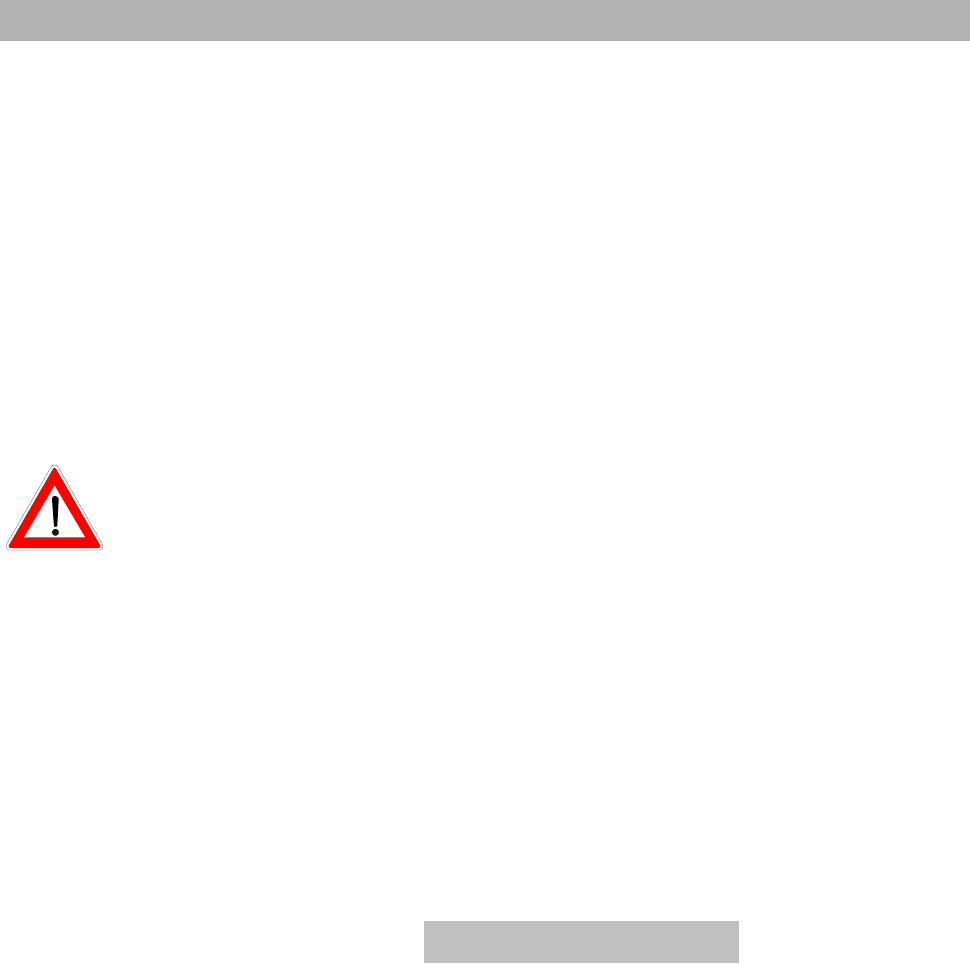
Setting System Parameters
57
Different control signals are required for the purpose of selecting the
satellite signals. To date, the LNB supply voltages 14/18 V and the 22
kHz signal (superimposed on the LNB supply voltage) have been suf-
ficient for signal selection in the majority of applications. With these
four switching signals, it is possible to switch between horizontally and
vertically polarised signals as well as between satellites (multifeed re-
ception).
However, additional control signals are now required for LNB activa-
tion and signal selection in view of the expansion of the frequency
range to 12 GHz (high-band range) and for receiving more than two
satellites.
The "DiSEqC" control signal is responsible for this task. This signal
represents a special modulation of the already existing 22 kHz signal.
DiSEqC setting
The precondition for this setting is that you have made no
changes in the DiSEqC (UFO) set-up, refer to the section "DiS-
EqC UFO Set-up".
When you are in the LNB configuration menu (see above), press the
buttons to move the coloured bar to the "HotBird" position,
press the
or button and press to confirm, that you wish to
add a satellite. The transponder data is now stored and a tick appears
after "HotBird" to confirm the setting. You can now set the DiSEqC
signal. It serves the purpose of switching between the two aligned
satellites. Press the
buttons to go to the DiSEqC-1 setting.
Set #1 for ASTRA and #2 for HotBird. Both positions are already pre-
programmed. Both positions are already pre-programmed.
Press the
4 times to exit the menu. At the same time, the re-
ceiver will confirm that the set parameters are saved. If a setting is in-
correct, the following message appears on the screen:
With cascaded switches, a total of 16 satellite positions can be stored
under DiSEqC 2. With H/V as well as High/Low, a total of 256 settings
can be made. You should have a specialist carry out these settings
and set-up such a system.
Bad or no signal


















